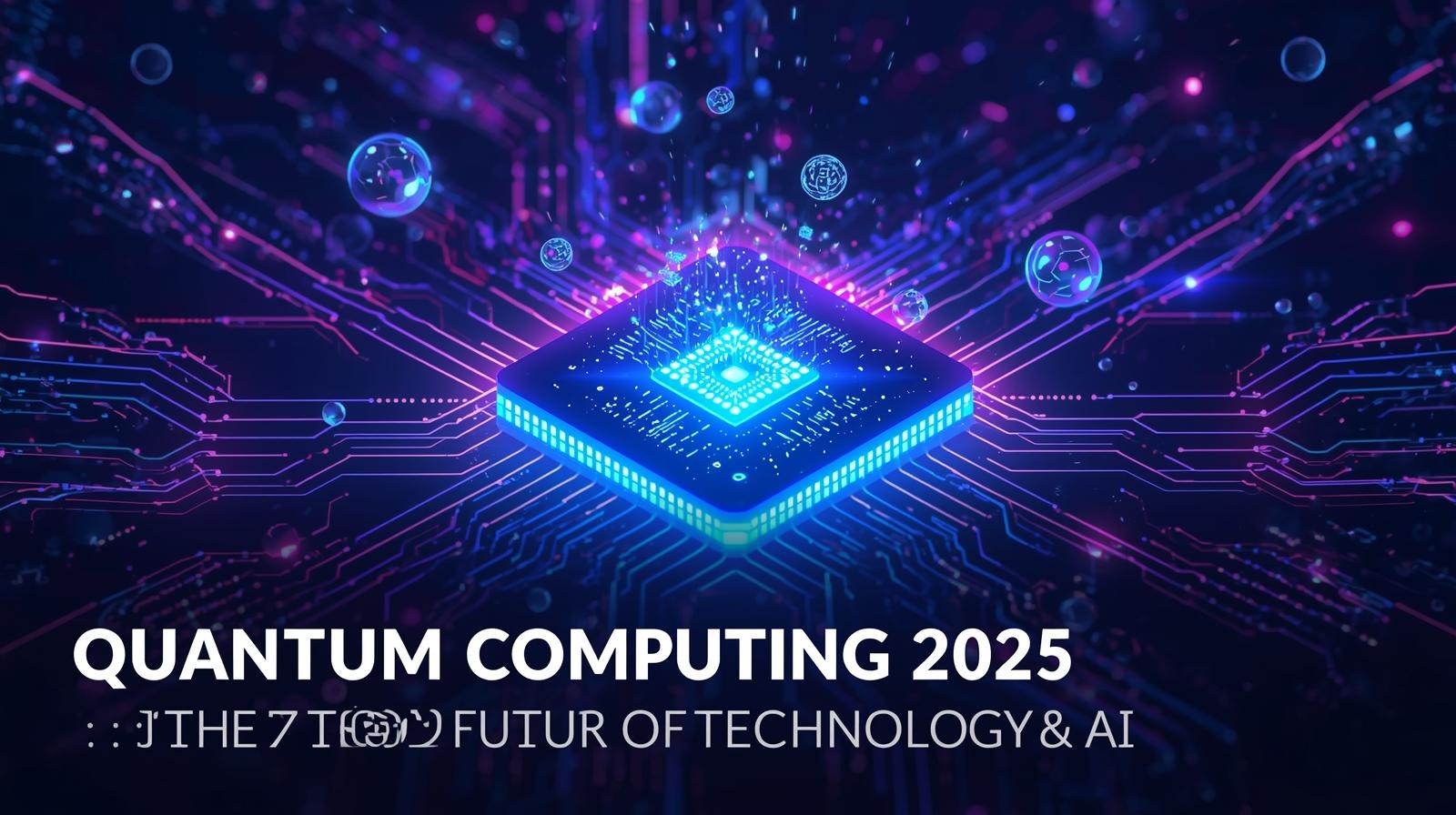Quantum computing 2025 marks a turning point in human innovation. Unlike traditional computers that use bits (0s and 1s), quantum computers process data using qubits, allowing them to perform calculations millions of times faster.
In 2025, tech giants like IBM, Google, and Intel are racing to make quantum computing practical and accessible. This new era of computing promises to revolutionize AI, cybersecurity, data science, and global industries.
What Makes Quantum Computing Different
While a classical computer handles one operation at a time, quantum computers can process multiple computations simultaneously. This is possible through two core principles:
- Superposition: A qubit can be both 0 and 1 at the same time.
- Entanglement: Qubits are connected and can influence each other instantly, even when separated.
These features give quantum computing 2025 systems the power to solve problems that were previously impossible — such as molecular modeling, cryptography, and supply chain optimization.
Quantum Computing and Artificial Intelligence
Artificial intelligence is one of the biggest beneficiaries of quantum technology. Quantum computers can process huge datasets almost instantly, helping AI algorithms make faster and smarter decisions.
Key Benefits for AI:
- Drug discovery: Quantum simulations help identify effective molecules faster.
- Predictive models: Improved accuracy in forecasting markets, weather, and diseases.
- Financial analytics: Real-time fraud detection and investment optimization.
👉 Example: Google’s Quantum AI achieved “quantum supremacy” — completing a task in 200 seconds that would take classical computers 10,000 years.
Quantum Cryptography and Cybersecurity
As quantum computing 2025 becomes more powerful, traditional encryption methods may become obsolete. A single quantum machine could potentially break existing encryption algorithms within minutes.
That’s why scientists are developing quantum cryptography — especially Quantum Key Distribution (QKD) — a system that ensures data cannot be intercepted or copied.
Governments and companies are investing heavily in post-quantum encryption to secure sensitive information in this new era.
Real-World Applications in 2025 and Beyond
Quantum computing is set to transform major industries:
| Industry | Impact of Quantum Computing 2025 |
|---|---|
| Finance | Portfolio optimization, fraud detection, real-time trading analysis |
| Healthcare | Molecular simulation for drug design and genetics research |
| Climate Science | Accurate climate modeling and environmental prediction |
| Transportation | Route optimization for logistics and autonomous vehicles |
Challenges of Quantum Computing 2025
Despite massive potential, quantum computers still face major technical challenges:
- Extreme conditions: Qubits must operate near absolute zero temperatures.
- Error correction: Quantum systems are sensitive and prone to data instability.
- Limited accessibility: High cost and limited software tools restrict global use.
However, with the rise of hybrid computing (quantum + classical), experts believe commercial quantum services will become available by the end of this decade.
Conclusion
Quantum computing 2025 represents more than technological progress — it’s a complete transformation of how humans process information.
From AI breakthroughs to unbreakable encryption, quantum technology will shape the future of science, security, and innovation.
For developers, researchers, and businesses, the quantum revolution has already begun.
